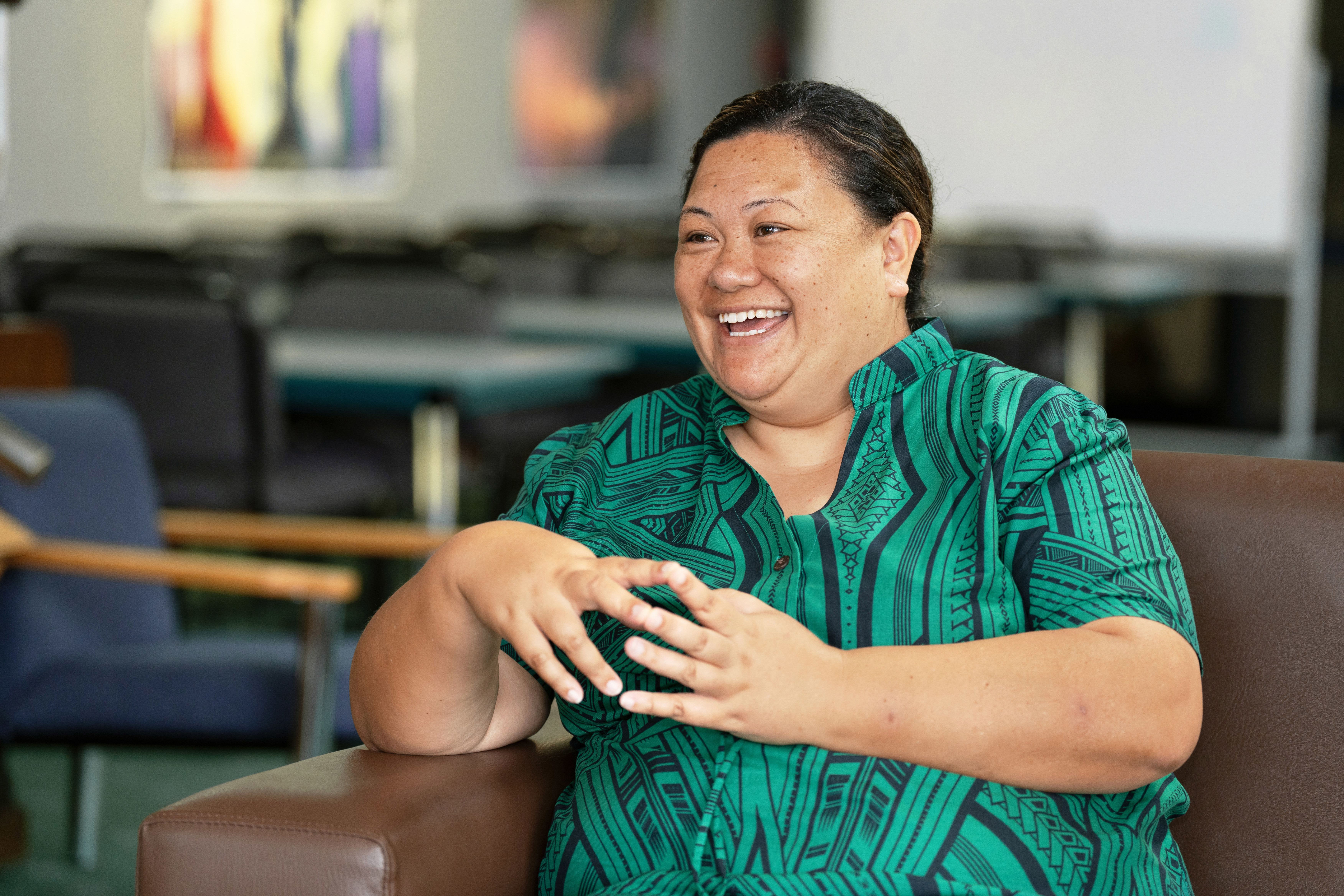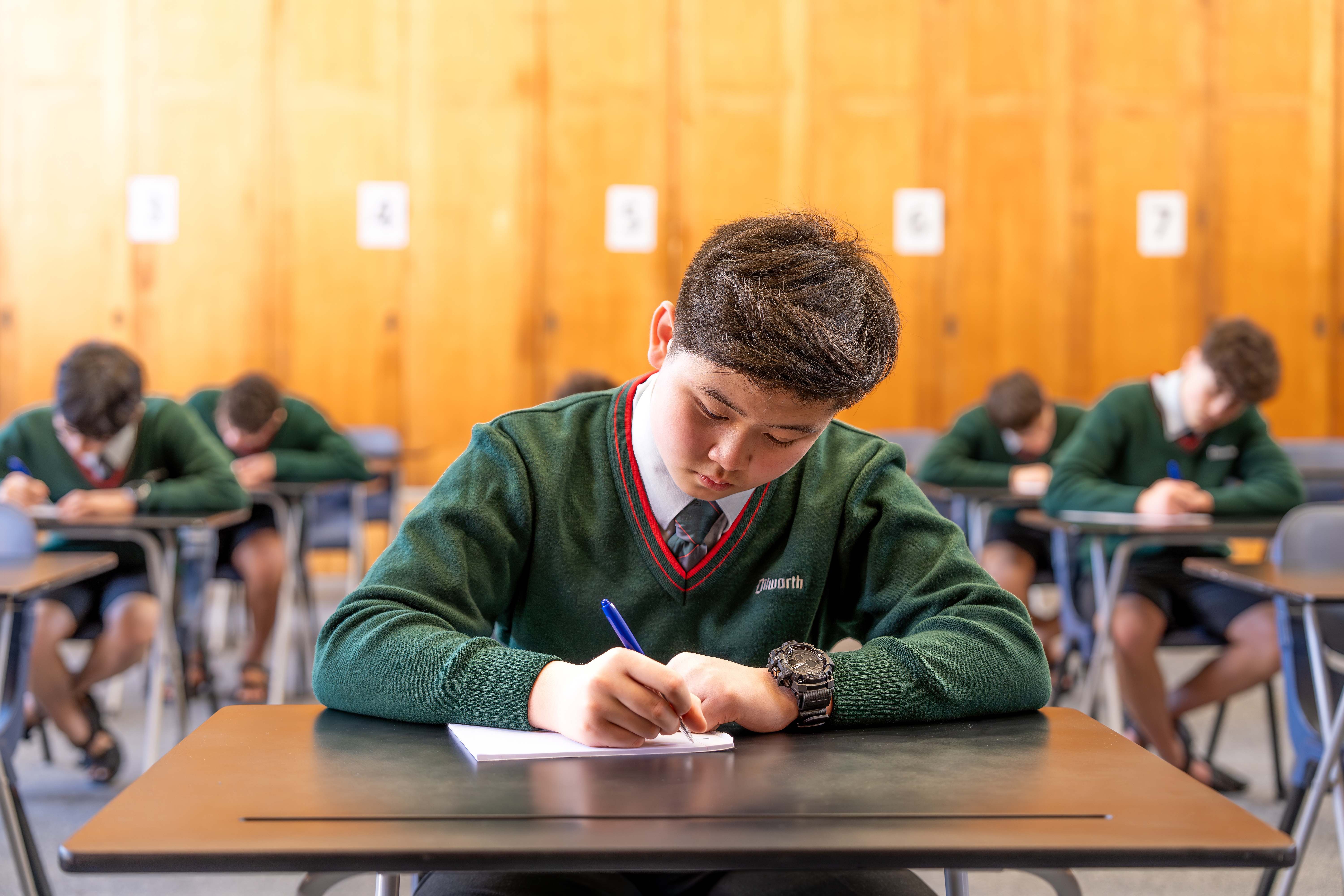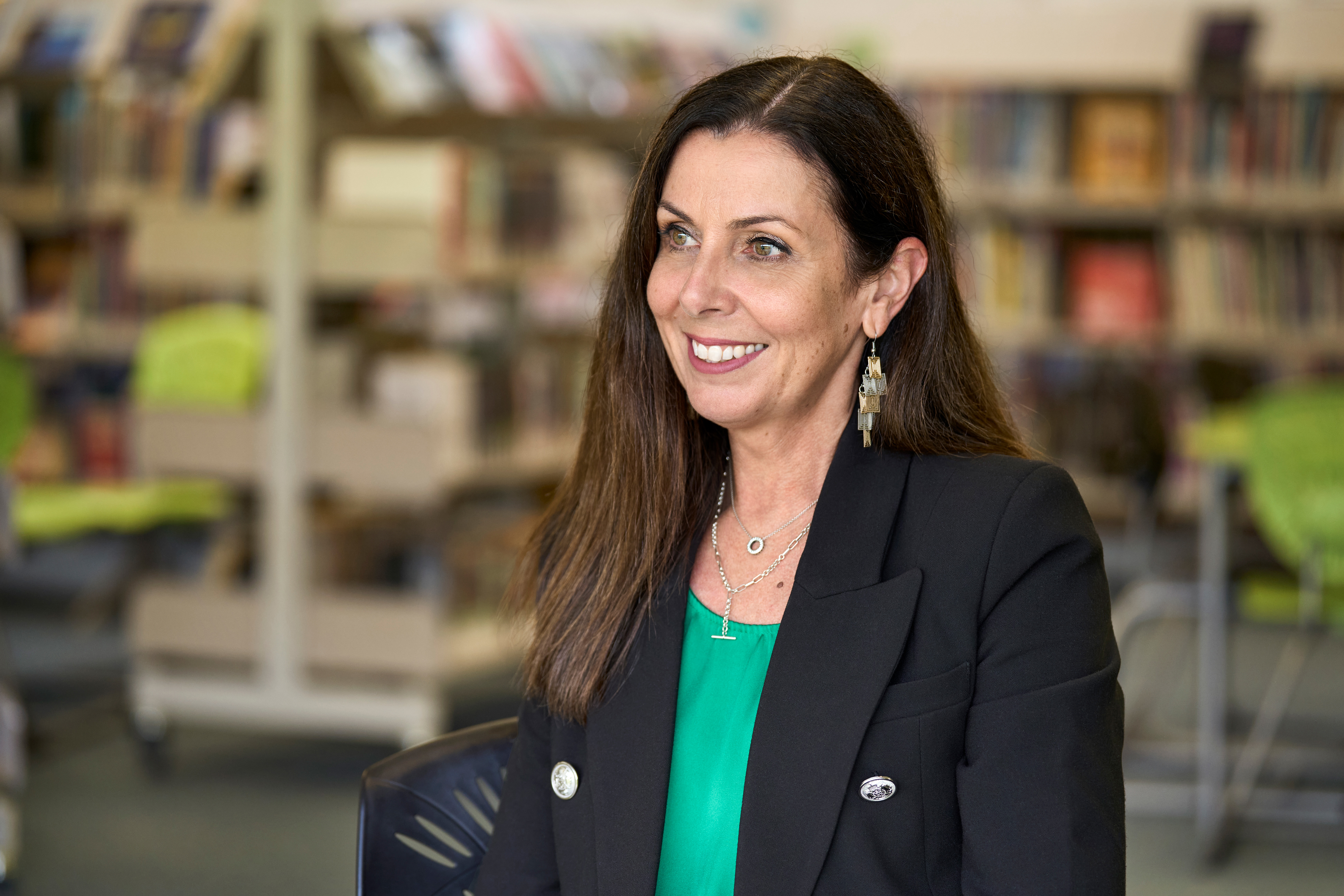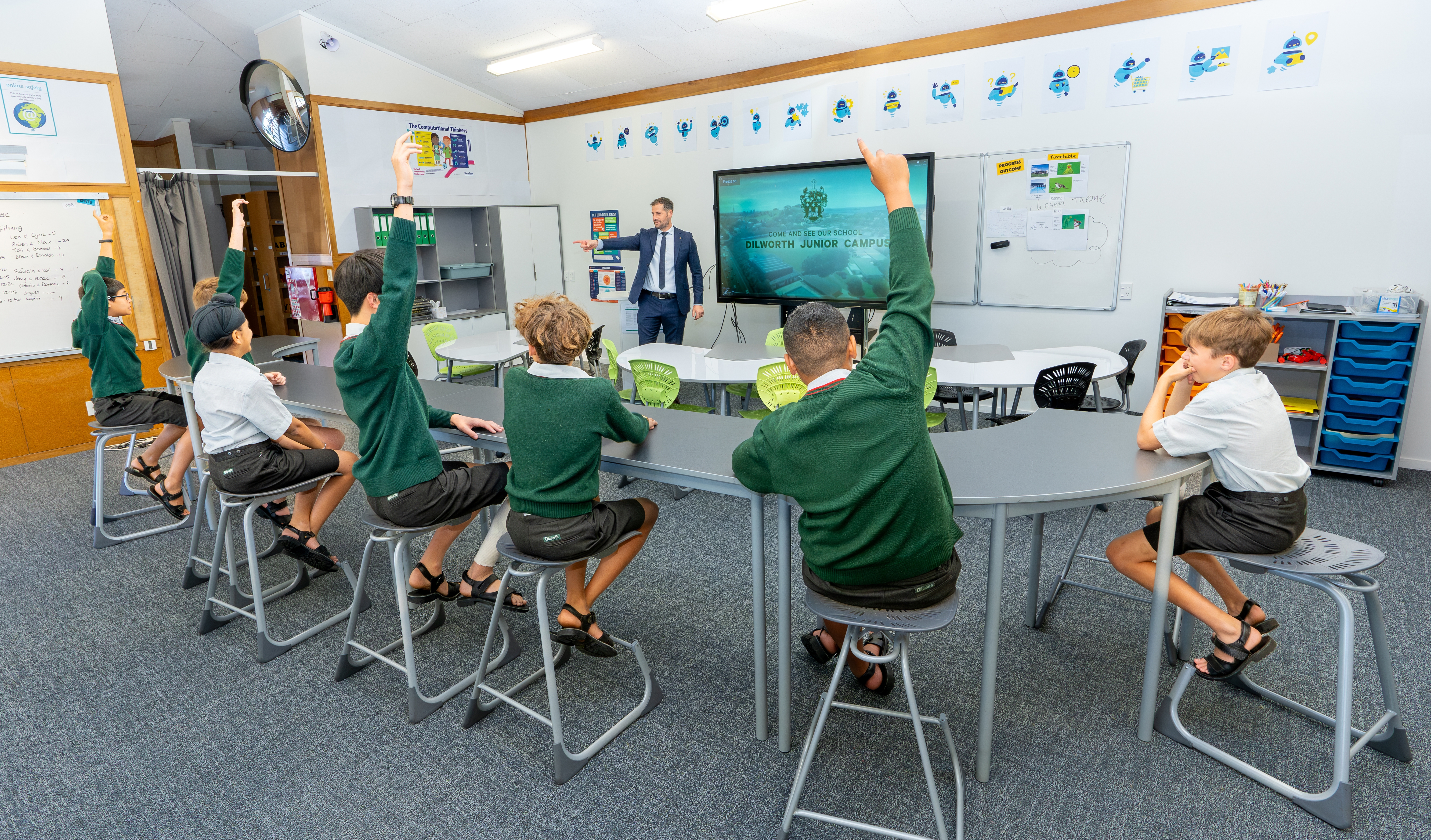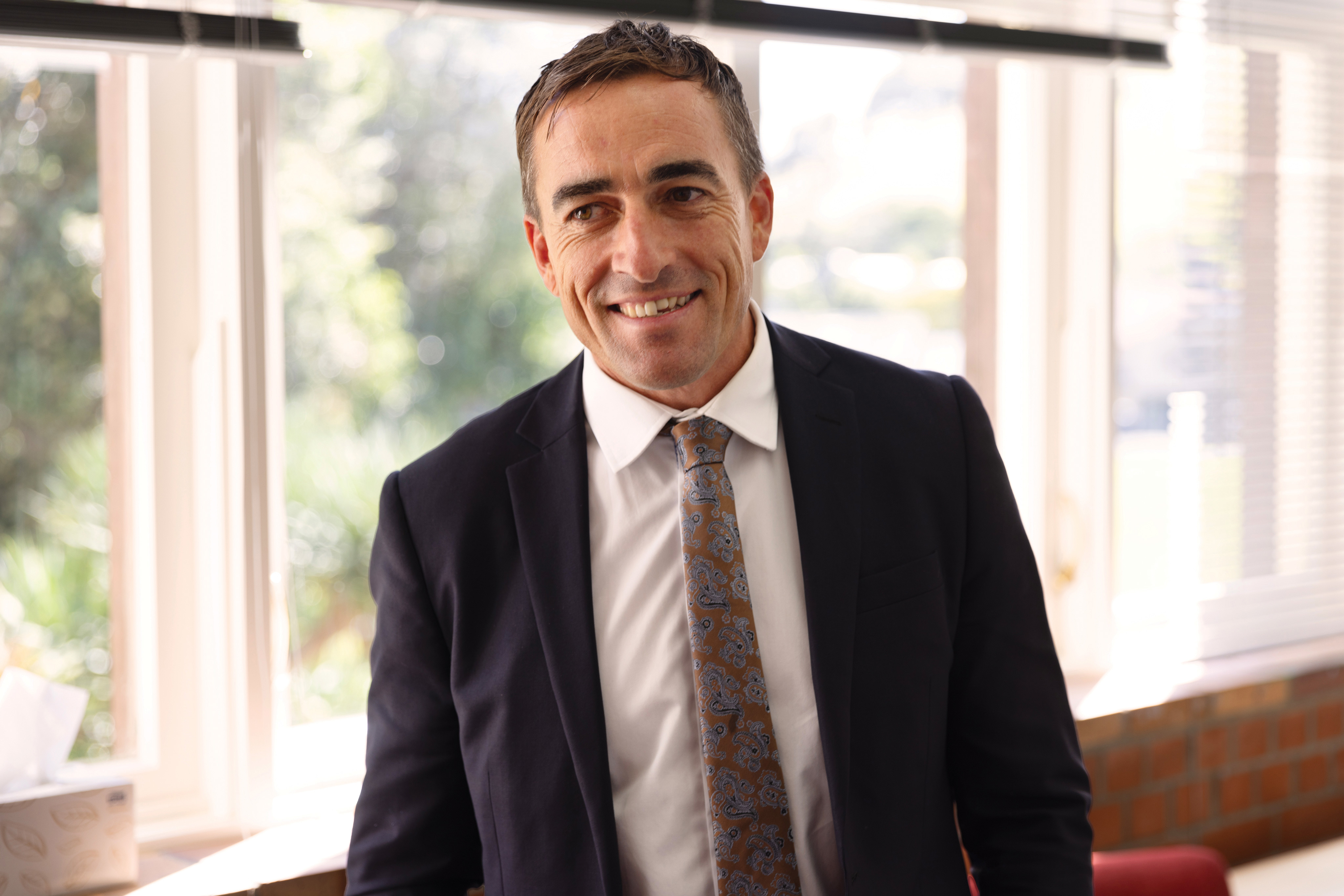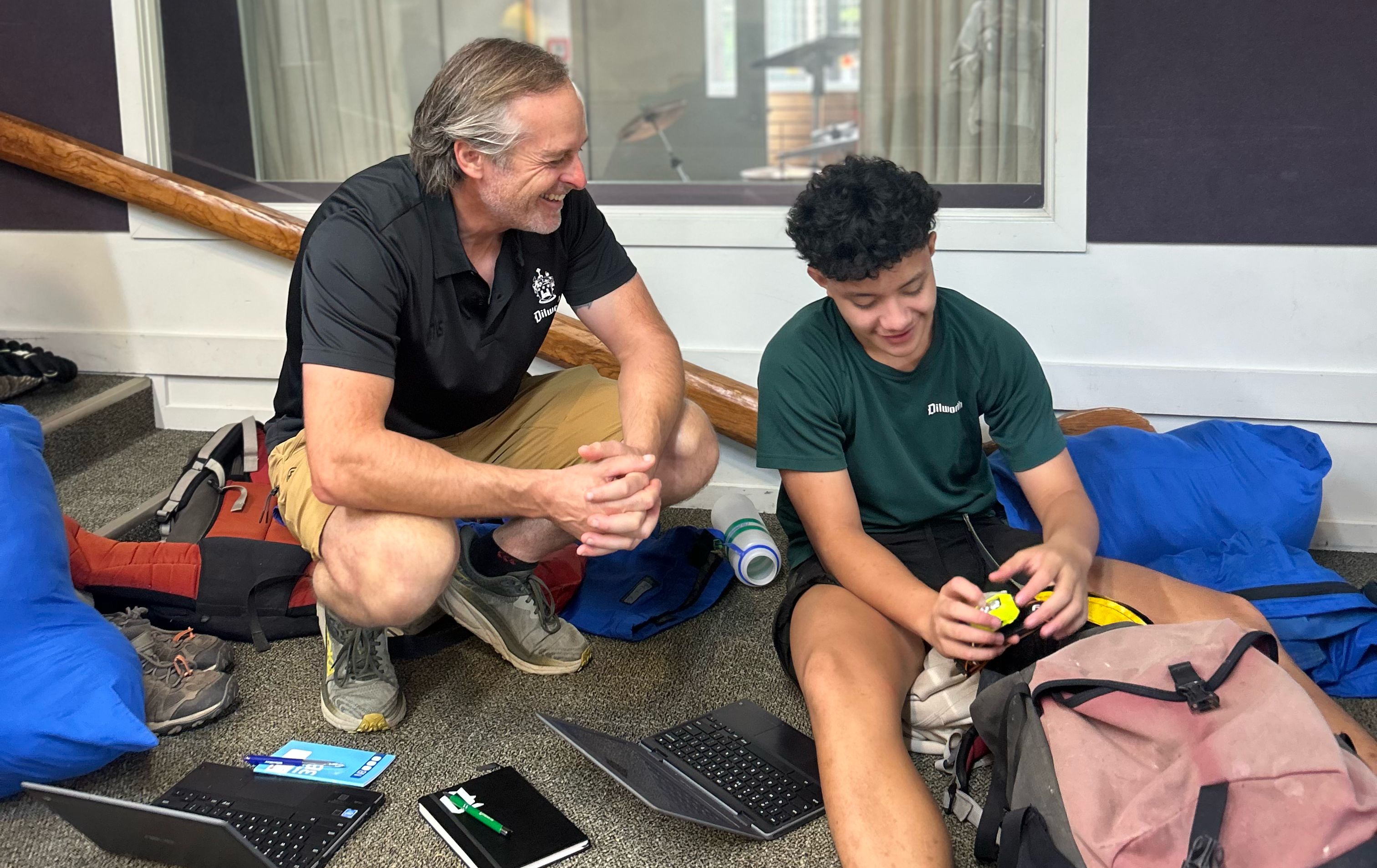Dilworth now. Six years on.
Dan Reddiex, Headmaster
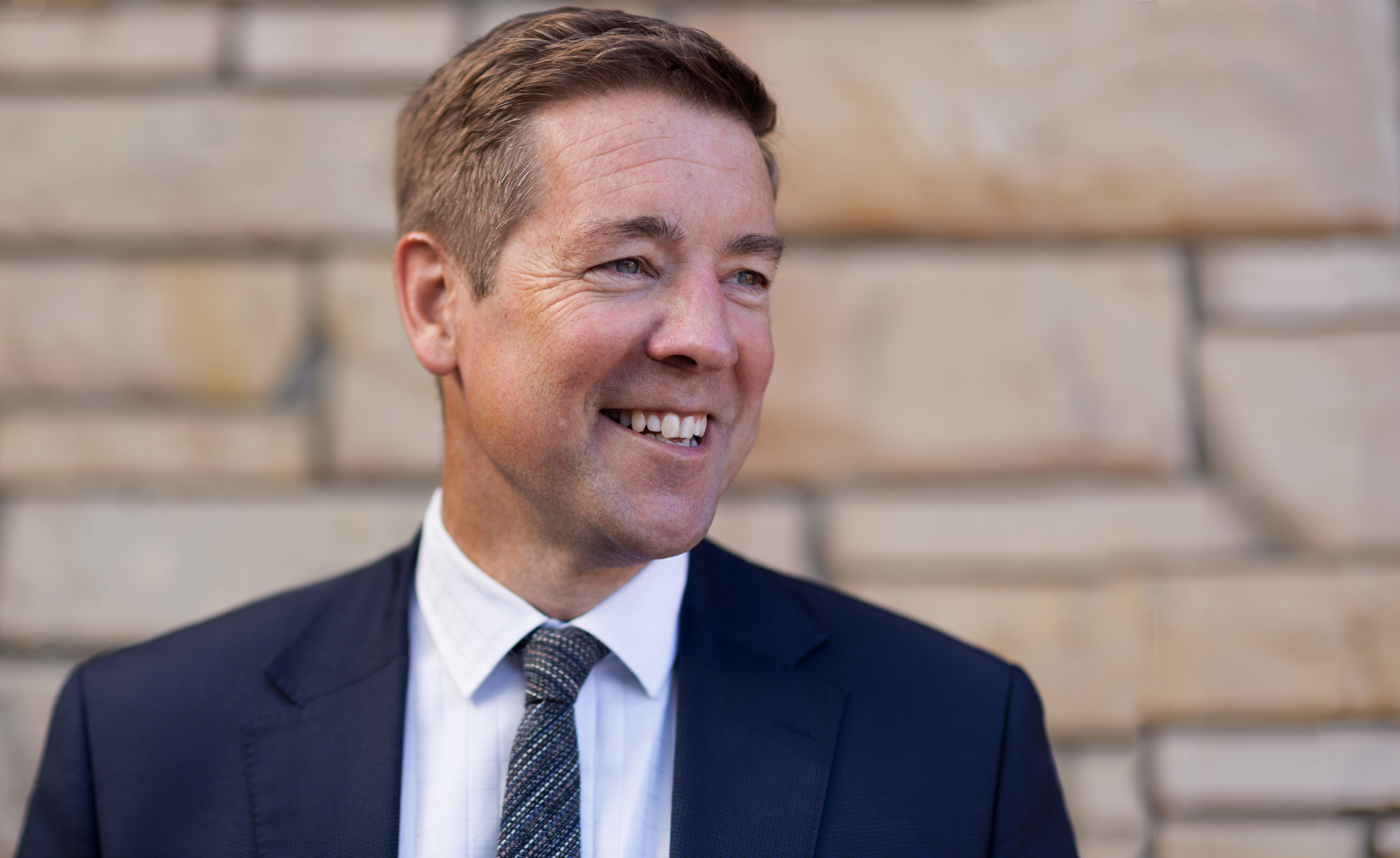
“The mission has always stayed the same. The question was, how do we give that oxygen and bring it to life?”
“Dilworth’s mission is remarkable - to provide fully funded scholarships for students from families who have an aspiration for their son to excel, but whose circumstances may be a barrier to him fulfilling his potential. There’s nothing like it on the New Zealand educational landscape,” says Dilworth’s Headmaster, Dan Reddiex.
He says it’s been challenging “ We invested first and foremost in student safeguarding and the school became Child Wise Accredited in September 2022. We have also completely overhauled the academic curriculum, and redesigned our Learning in the Outdoors programme, which has now achieved a commercial-level safety qualification. The third strand of our new curriculum, Ako Puāwaitanga, is based around student well-being. It has been designed to help our students develop emotionally and as people, to help them flourish beyond the school gates through learning essential life skills in an intentional way. We’ve infused that into every part of the school, and it’s remarkable. I haven’t seen anything quite like it anywhere else in my travels.”
Dan says the progress over the last six years has been thrilling: “It’s the whole purpose. It’s the bit that gets me out of bed in the morning and stops me from going to bed early at night. We’re trying to effect a change in our students that will flow on into their lives, into their families, and ultimately into our communities. We’re starting to see our students truly fulfilling their potential, and that’s our collective success.”


